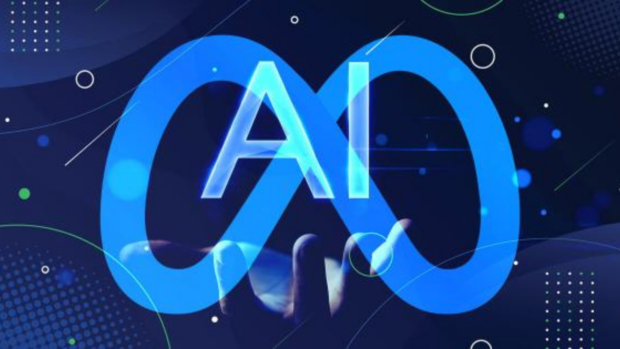On Tuesday, Meta Platforms, the parent company of Facebook, made an exciting announcement. They have developed a groundbreaking “human-like” artificial intelligence model called Meta AI. This new system offers improved capabilities in analyzing and completing unfinished images compared to existing models. By doing so, it effectively reduces the common errors found in AI-generated images.
According to Meta CEO Mark Zuckerberg, sharing these models with researchers promotes innovation. By collaborating and exchanging ideas, the technology industry as a whole can identify safety concerns and find cost-effective solutions. This development holds great potential for enhancing future AI image generators.
So, how does the new Meta AI work? On June 13, 2023, Meta released a blog post providing insights into its Image Joint Embedding Predictive Architecture (I-JEPA). This model, developed by Meta’s Chief AI Scientist Yann LeCun, overcomes the limitations of existing AI systems. The focus of this new model is to complete digital images by leveraging abstract representations of other images. In simpler terms, the Meta AI model fills in the missing parts of an image just like a human would. It uses common-sense knowledge about the world to create a more accurate representation.
For instance, if a picture shows a table with parts outside the frame, we can imagine what those missing parts would look like based on our memories of similar tables. The Meta algorithm operates in a similar way by using its background knowledge of the world to complete images with greater accuracy. The difference lies in the fact that most image completion systems rely solely on existing pixels. This can lead to mistakes, such as filling in a white signboard without text, which a person would never make because they focus on irrelevant details rather than high-level concepts.
One common issue with AI-generated images is the inaccurate depiction of human hands. Many existing AI programs often add extra fingers or make other mistakes. In April, Mark Zuckerberg highlighted the importance of sharing research and its role in fostering innovation. It also aids in identifying safety risks and reducing costs. By using standardized tools throughout the industry, Meta can benefit from improvements made by others.
Despite concerns raised about the potential dangers of this technology, Meta executives have dismissed them. While other tech leaders have supported petitions calling for a pause in AI research, Meta Platforms remains committed to the development of artificial intelligence. They focus on integrating AI into their products and services and actively share open-source research. Meta’s lead AI expert, Yann LeCun, believes in building safety measures into AI systems instead of succumbing to pessimistic views about AI.
Apart from the Meta AI project, the company is engaged in various other AI initiatives. These initiatives include a program that allows users to modify photos using text prompts, which can then be shared in Instagram stories. They are also developing AI agents with different capabilities and personalities to assist and entertain clients. Moreover, Meta plans to hold an internal hackathon in July 2023 that will explore generative AI. Mark Zuckerberg encourages employees to utilize generative AI in the workplace and has developed a productivity assistant called Metamate, which utilizes internal company data to help employees perform tasks and answer questions.
In conclusion, the new Meta AI system represents a significant advancement in completing digital images accurately. Meta Platforms’ commitment to sharing research allows for collaboration within the tech community, facilitating the identification of safety risks and cost reductions. Ultimately, this benefits the entire AI development field. To learn more about the Image Joint Embedding Predictive Architecture, you can read the arXiv paper. For the latest digital trends, visit Inquirer Tech.
Denial of responsibility! VigourTimes is an automatic aggregator of Global media. In each content, the hyperlink to the primary source is specified. All trademarks belong to their rightful owners, and all materials to their authors. For any complaint, please reach us at – [email protected]. We will take necessary action within 24 hours.


